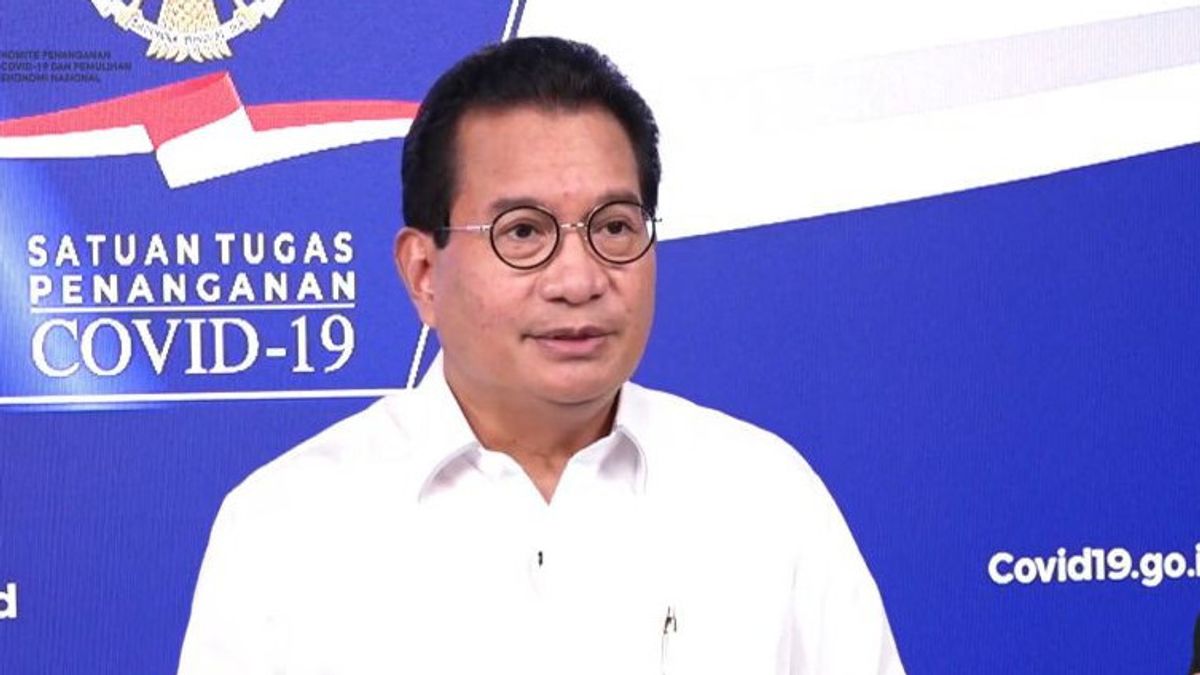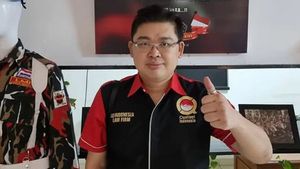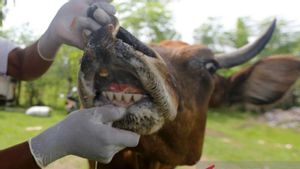JAKARTA - Government Spokesperson for Handling COVID-19 Prof Wiku Adisasmito said that the implementation of Community Activity Restrictions (PPKM) is a form of controlling COVID-19 recommended by the World Health Organization (WHO).
"In principle, PPKM is a form of control recommended by WHO with some adjustments to determine the opening of community activities, according to the real situation and conditions on the ground," said Wiku as quoted by Antara, Thursday, June 2
Wiku said that the revocation of the global pandemic status was determined by the WHO. However, that does not mean that a country does not have the authority to control the COVID-19 pandemic in their respective regions.
In Indonesia, the implementation of PPKM is a reference for health policies to control and evaluate every regulation on opening community activities based on the level in each region and the condition of the rate of positive cases.
The PPKM evaluation then became a pillar for the government to always be careful in monitoring cases of COVID-19. It is proven that it has been four weeks since the 2022 Lebaran homecoming activity was held, the rate of cases is still under control, as well as at the district/city level which continues to improve.
"We continue to carry out control and preparedness with the threat of COVID-19 transmission completely disappearing. However, that does not mean that community activities cannot be carried out again as before, even before the COVID-19 pandemic hit," he said.
According to Wiku, from the results of the PPKM's consistent evaluation, the opening up of the social and economic sectors in the community can continue to be increased with the coverage area of area-based restrictions getting smaller.
With the many functions of PPKM, Wiku stated that PPKM will continue to be implemented in order to maintain and ensure the community remains in a safe condition from COVID-19 transmission.
Another policy that continues to be improved by the government is the complete dose vaccination coverage, which is currently still lagging behind other countries. Until now, the national complete dose coverage in Indonesia has only touched 62 percent.
In order to increase vaccination coverage evenly, the government finally incorporated vaccination indicators into regional level assessments. The administration of a follow-up dose of the vaccination aims to increase the community's antibody formation. Therefore, Wiku asked all parties to make the best use of the available vaccine stock. This is because the extermination of expired vaccines by the Ministry of Health should be a momentum for the community and local governments to improve the vaccine distribution and logistics system so that it is distributed evenly in each district/city.
"Vaccination does not necessarily form perfect immunity with just one injection. The facts show that the number of antibodies can increase many times if you receive a second dose of vaccine, let alone a booster vaccine. For that, the public should understand that the vaccination program is made for the benefit of the community, "said Wiku.
The English, Chinese, Japanese, Arabic, and French versions are automatically generated by the AI. So there may still be inaccuracies in translating, please always see Indonesian as our main language. (system supported by DigitalSiber.id)













